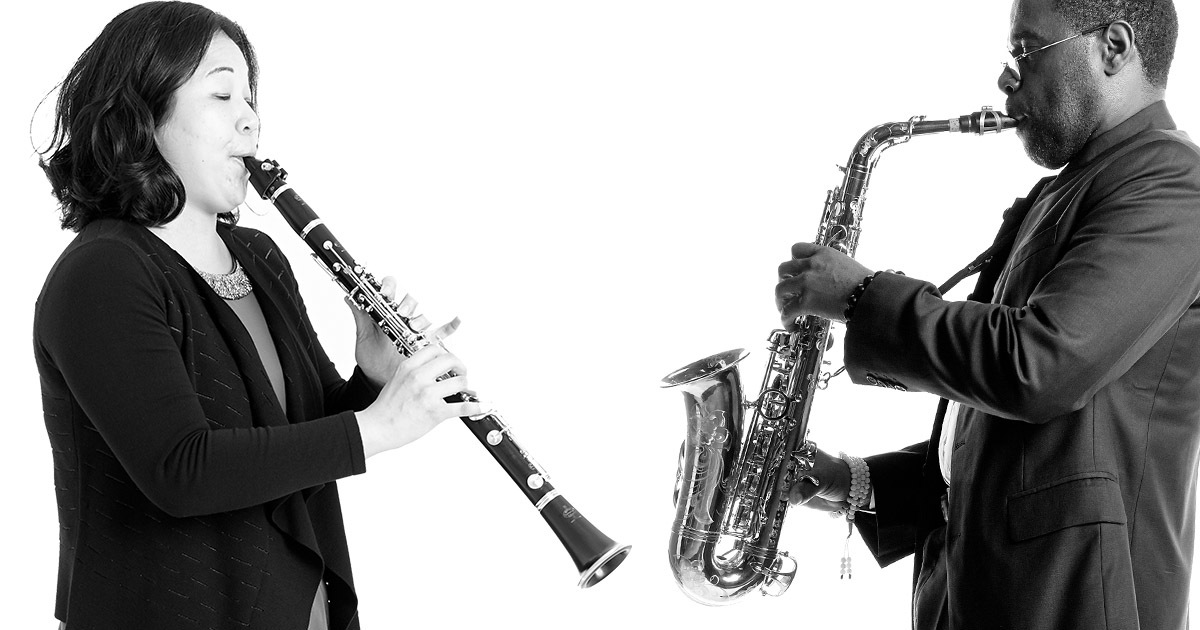Scales, Scales, Scales! Why Scales are the Single Most Important Musical Element for An Instrumentalist
by Mitchell Estrin
Date Posted: August 10, 2020

As a performing musician, there are many important fundamentals that must be practiced diligently in order to achieve the ultimate goal of making music. As a teacher, it is incumbent upon me to guide my students through all of these fundamentals in order to help them progress. The first three, in order of importance, are scales, scales, scales!
Scales are the single most important musical element for any instrumentalist to practice. Intensive daily practice is required, because we never truly learn or perfect the scales - they are always a work in progress. Scales are a whole life commitment, not something that is required and learned cursorily in high school to get into an All-State ensemble.
Understand Scales
It is very important for a young student to understand not only the importance of practicing scales, but to learn to respect and appreciate scales. Why, you might ask? Because having an understanding of the significance of practicing scales will allow the student to begin their personal lifelong journey into the magical universe of scales. Nothing will help them to progress more musically than scale study.
This means practicing:
- major (diatonic) scales
- minor scales in all three forms (natural, harmonic, and melodic)
- chromatic scales
- dominant sevenths
- diminished sevenths
- thirds
- fourths
- fifths
- sixths
- sevenths
- octaves
- whole tone scales
- pentatonic scales
- octatonic scales
- blues scales
- all related arpeggios
"Scales are the single most important musical element for any instrumentalist to practice." - Mitchell Estrin
It is vital that musicians learn all of these patterns by memory and in various rhythms and articulations utilizing the full range of their instrument. It is also vital that they start out with the basics, memorize all key signatures, and never play the patterns faster than they can execute them cleanly. Practicing scales with a metronome is extremely useful! The teacher should regularly assign scales and reinforce the importance of scales for the overall musical development of the student.
Most music written before the mid-twentieth century is replete with scale patterns of one kind or another. So when you are practicing scales, you are essentially practicing the passages you will be seeing in the great majority of your repertoire. Technique will become so much more complete and seamless after years of intensive scale practice. You will see!

About the Author
Mitchell Estrin is Professor of Clarinet at the University of Florida and Music Director and Conductor of the University of Florida Clarinet Ensemble. He is President of the International Clarinet Association and author of the biography Stanley Drucker Clarinet Master published by Carl Fischer. Estrin performed as a clarinetist with the New York Philharmonic for over twenty years in hundreds of concerts and on 19 tours. As an international concert artist, he has performed in 37 countries on 4 continents. As a studio musician, Estrin has recorded dozens of motion picture soundtracks for Columbia Pictures, Walt Disney Pictures, Paramount Pictures, MGM, 20th Century Fox, United Artists, and Warner Brothers on feature films. They include Fargo, Beauty and the Beast, Aladdin, Interview With a Vampire, Home Alone 2, Pocahontas, Doc Hollywood, Regarding Henry, TheUntouchables, and more. His television credits include recordings for ABC, NBC, CBS, CNN, HBO, TBS, and ESPN. Learn more about Mitchell Estrin.